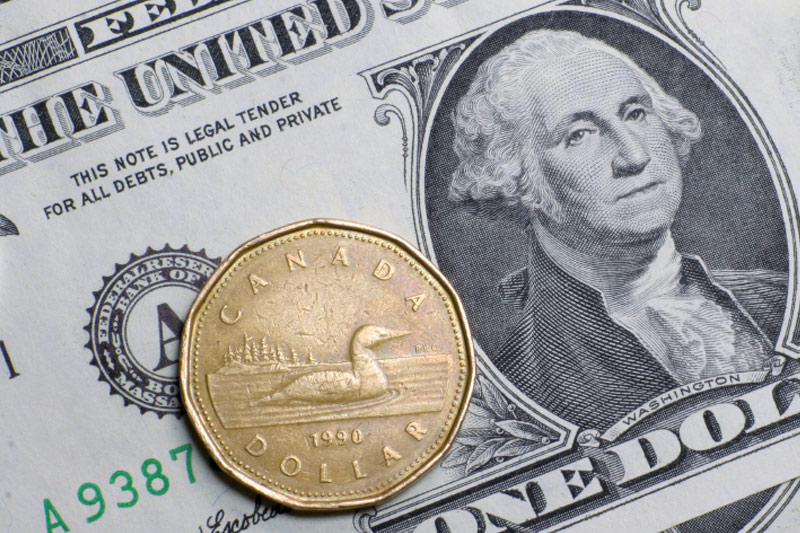Investing.com - The U.S. dollar moved higher against its Canadian counterpart on Friday, boosted by the release of upbeat U.S. inflation data, while declining oil prices and weak retail sales data from Canada weighed on the local currency.
USD/CAD hit 1.3847 during early U.S. trade, the session high; the pair subsequently consolidated at 1.3842, advancing 0.84%.
The pair was likely to find support at 1.3648, Thursday’s low and resistance at 1.3967, the high of February 12.
Data showed that the U.S. consumer price index was flat in January, compared to expectations for a 0.1% downtick and after a 0.1% fall the previous month. Year-on-year, consumer prices increased by 1.4% last month.
Core CPI, which excludes food and energy, rose 0.3% in January, more than the expected 0.2% gain and after an increase of 0.2% in December.
In Canada, data showed that retail sales dropped 2.2% in December, confounding expectations for a 0.6% slip, after a 1.7% increase in November.
Core retail sales, which exclude automobiles, declibed by 1.6% in December, compared to expectations for a downtick of 0.5% and after a revised 1.0% drop.
A separate report showed that Canada’s CPI ticked up 0.2% in January, beating expectations for a 0.1% downtick. Year-on-year, consumer prices gained 2.0% last month.
Core CPI, which excludes the eight most volatile items, ticked up 0.3% in January, more than the expected 0.2% rise, after a 0.4% slip in December.
The commodity-heavy Canadian dollar was also hit as oil prices resumed their downward trend on Friday, a day after the Energy Information Administration said U.S. crude inventories rose by 2.1 million barrels last week, to a peak of 504.1 million barrels.
The loonie was lower against the euro, with EUR/CAD climbing 0.66% to 1.5345.
